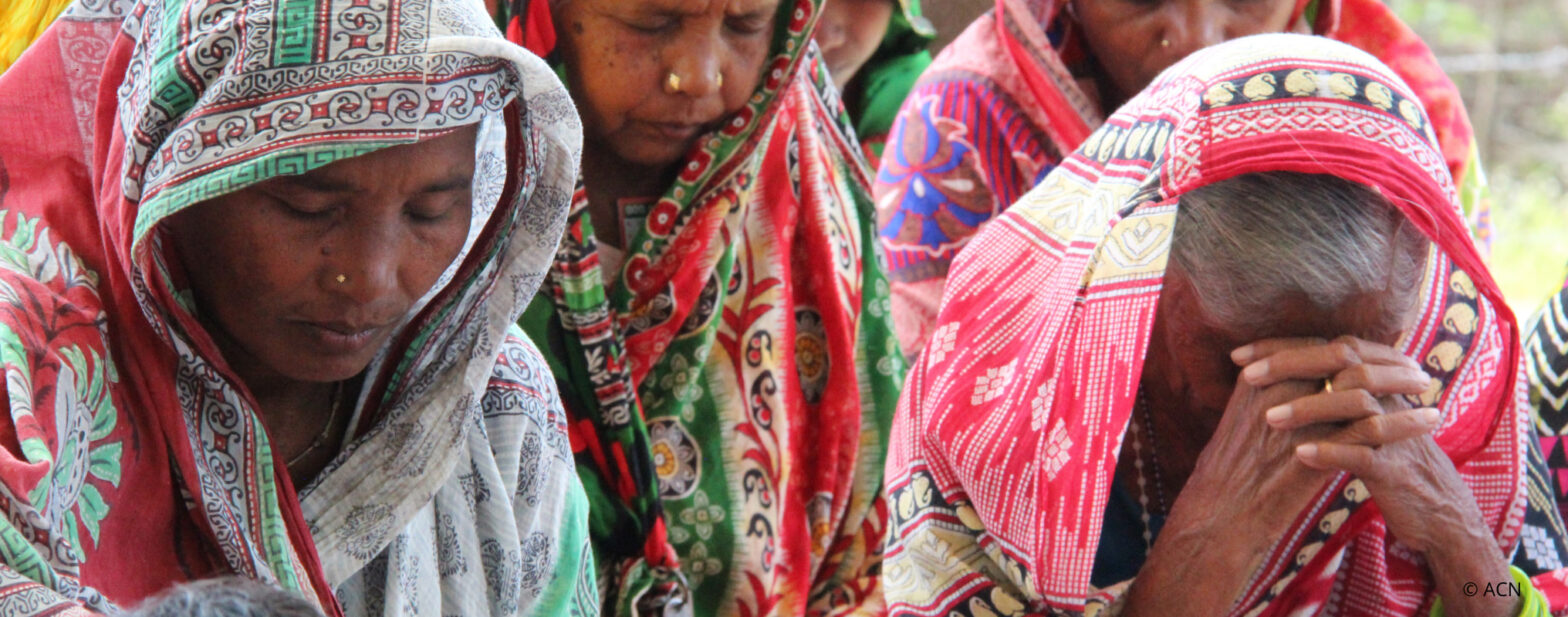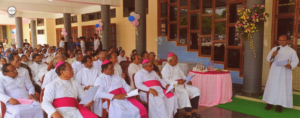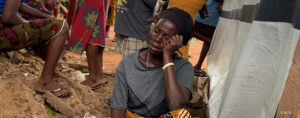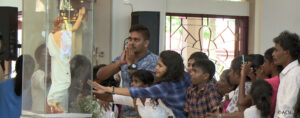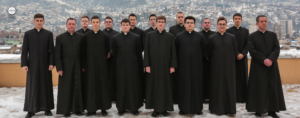An Indian archbishop has expressed delight that the Vatican has opened the cause of canonization of martyrs killed during one of the most violent outbreaks of Christian persecution this century.
The cause has been opened of Catholic catechist Kanteswar Digal and 34 others who died when Hindutva extremists attacked Christians in Kandhamal, Odisha (formerly Orissa) State in 2008, setting ablaze churches, convents, and Christian homes, forcing thousands to seek sanctuary in the forests.
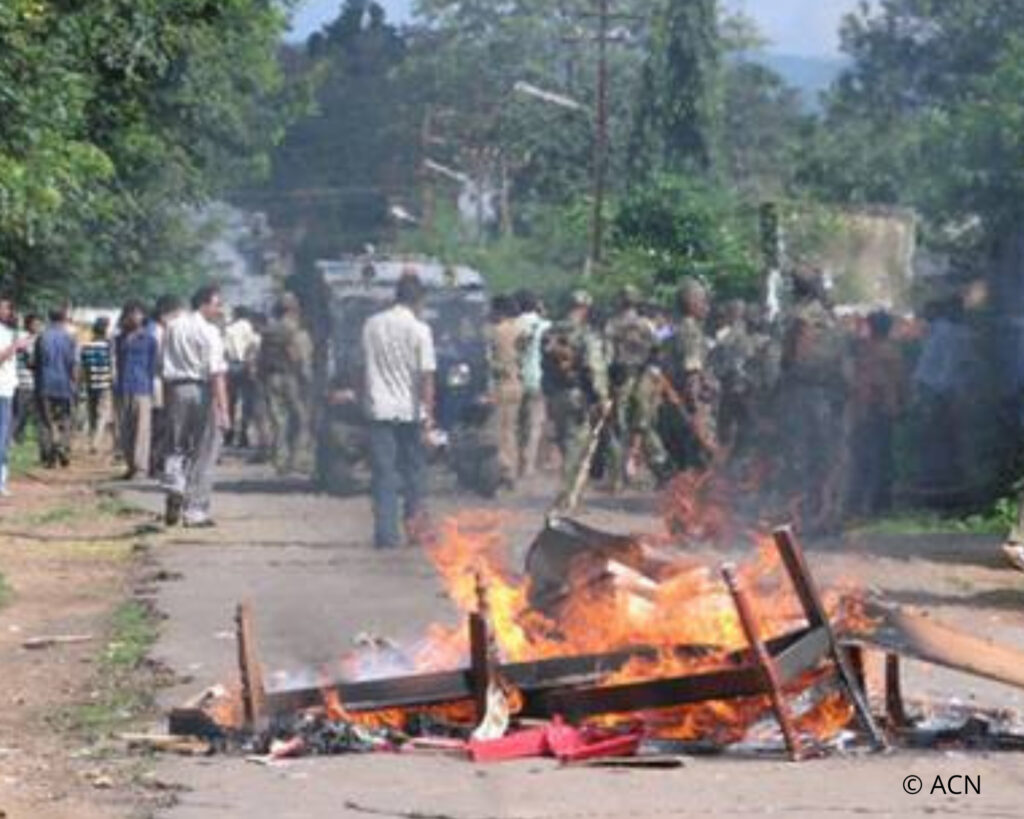
Archbishop John Barwa of Cuttack-Bhubaneswar told Aid to the Church in Need (ACN): “The servants of God, Kanteswar Digal and companions’ life and sacrifice represent a powerful testament to the enduring faith and resilience of our community in the face of adversity. Their unwavering dedication to spreading the teachings of Christ, even in the most challenging circumstances, is an inspiration to us all.”
Archbishop Barwa added: “In their memory, we find a symbol of hope, a reminder of the strength that faith can bestow upon us, and a beacon of light in times of darkness. The process of beatification not only acknowledges their remarkable life and service but also offers a profound source of spiritual nourishment for Christians in Cuttack-Bhubaneswar and elsewhere.”
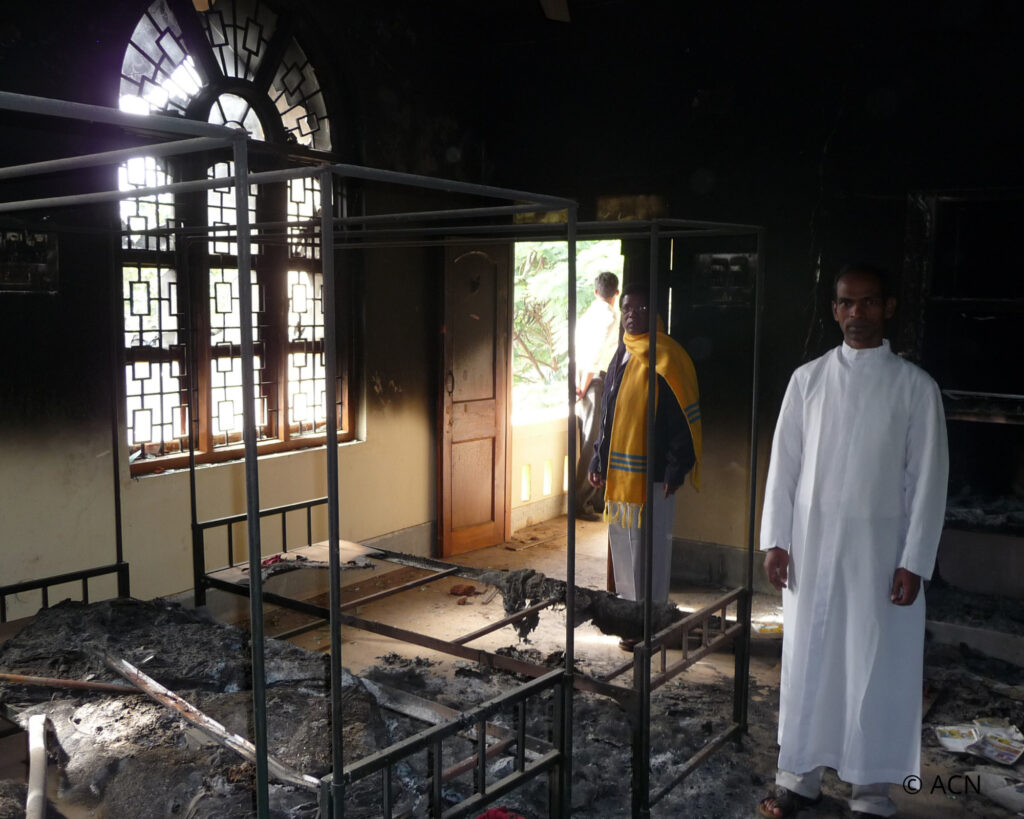
The Vatican’s Dicastery for the Causes of Saints has granted the Nihil Obstat—a formal declaration stating there is no objection to opening the cause for the canonization of Kanteswar Digal and companions.
On October 18, 2023, they were declared to be servants of God, which is the first step towards formal sainthood. They were killed during anti-Christian riots that started in August 2008, when members of the community were attacked on the pretext that a Christian killed Hindu monk and extremist leader Laxmanananda Saraswati—despite Maoists claiming responsibility for his assassination. These followed the December 2007 pogroms, triggered by Christians refusing to cancel Christmas celebrations.

Archbishop Barwa said “The anti-Christian persecution that occurred in Kandhamal in 2007–2008 within the jurisdiction of the Archdiocese of Cuttack-Bhubaneswar had significant repercussions. It resulted in the displacement of 56,000 individuals, the destruction of 4,647 homes, the vandalization of 395 churches and other smaller Christian places of worship, leading to the loss of 105 precious lives, some of which were subjected to extreme inhuman brutality.”
Some estimates placed the number of deaths much higher. Following an investigation into the riots, a report by the Communist Party of India claimed that at least 500 people were killed.
Archbishop Barwa thanked all those who had supported the community in Cuttack-Bhubaneswar following the attacks. He said: “During this challenging time, the archdiocese faced the enormous trials of guiding and supporting its faithful. However, the unwavering solidarity and compassionate handholding support from the people of God helped us sail across these difficulties, forging a powerful connection with the bigger Church community.”
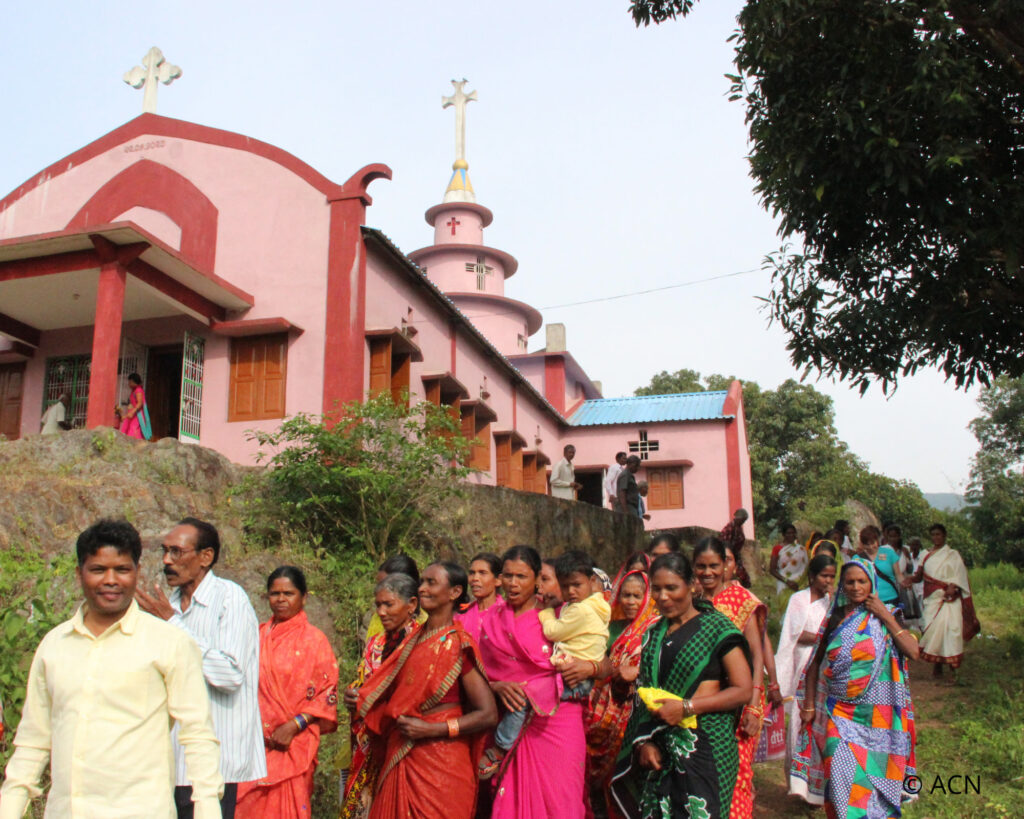
Archbishop Barwa went on to pay tribute to ACN: “I acknowledge the vital role Aid to the Church in Need played in our journey to rebuild, both physically and spiritually. The support of Aid to the Church in Need has been a beacon of light in our darkest hours, and we are deeply grateful for the compassion and concern extended to us in rebuilding the churches, convents, presbyteries, institutions, and training programs.”

